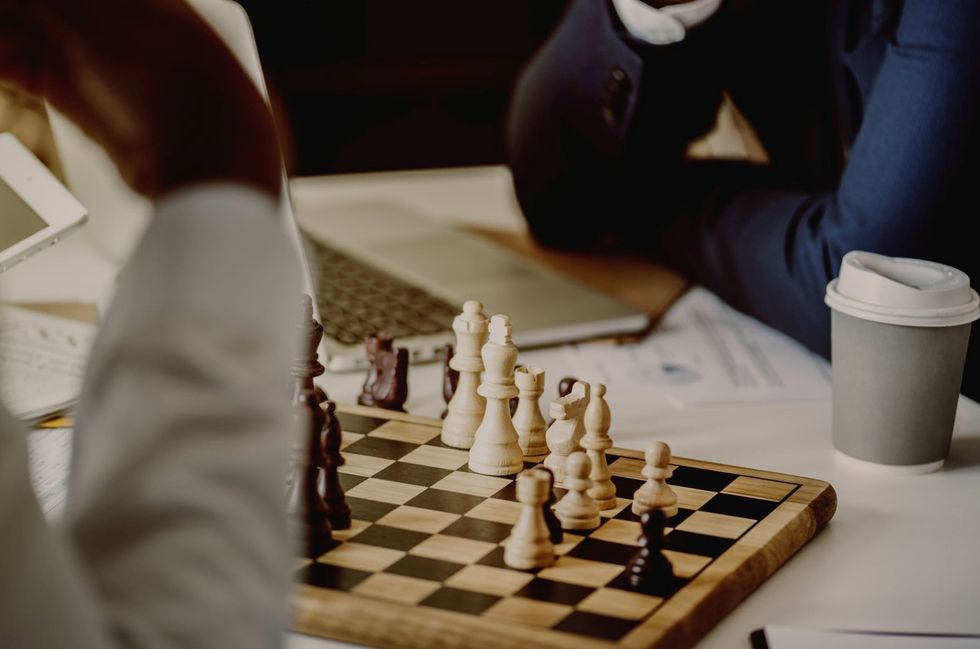During my winter break, I learned how to solve a Rubik's cube that was lying around at home. Given the time that I had, I learned the algorithm and start timing myself. I'm sure there are much faster ways to solve the cube but I did so following a strict pattern. I taught my little brother (who has now beaten my fastest time) and my father how to solve the cube. Each time I pick up the cube, my goal is to be faster than the last time. When I got back to the university, I ordered a cube for my dorm room because I enjoyed solving it and loved hearing the simple clicking sounds of the cube when it turned.
Of course, even in my first week of classes, there's a lot of homework to do: Taking notes, reading, writing assignments, and pre-labs. I haven't had the time to keep practicing the cube. I take breaks between studying. The usual type of break consists of watching an interesting video on YouTube, searching up an item I need from Amazon, finishing an episode of Netflix, or sometimes I take a nap if I am really tired. But these breaks are the downhill kind. Once I start watching a video or item shopping, I go on to look at the next video and the similar items. Even 20-minute naps turn into four-hour naps.
So I stopped taking breaks. But I got slower and less productive working for longer periods of time. And then I looked in the corner of my desk — my cube. I took a few minutes to solve it. Then I went back to work. I realized when I solved the cube that it was fun, short, and I got a sense of accomplishment, of something being completed. I continued doing this instead of going on my phone to take a break. I found it a lot less distracting overall.
Whatever way you take a productive break, try a puzzle, whether that's a Rubik's cube, crossword puzzle, or Sudoku, it will keep you focused on completing that puzzle. I find it calming because when I do the cube, I only think about completing it. It's a way to refresh your mind and get back to work.

















